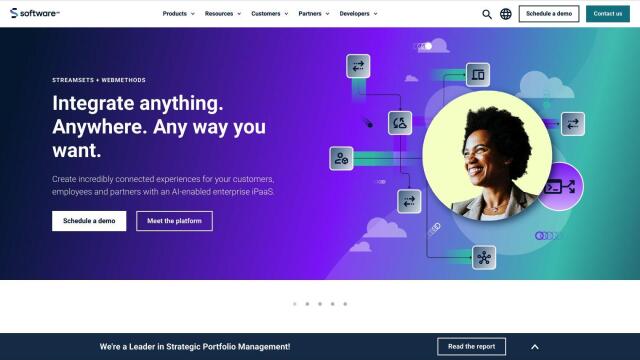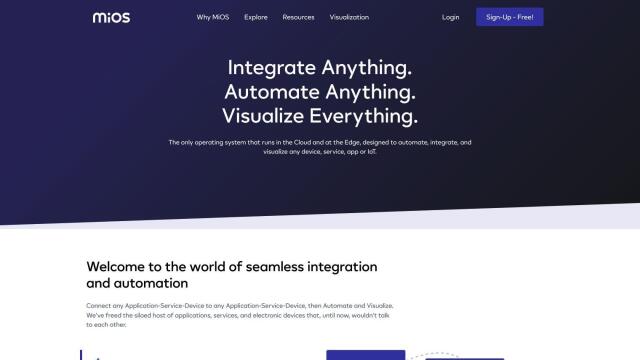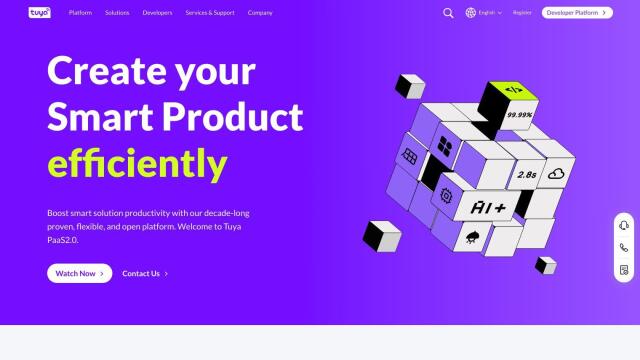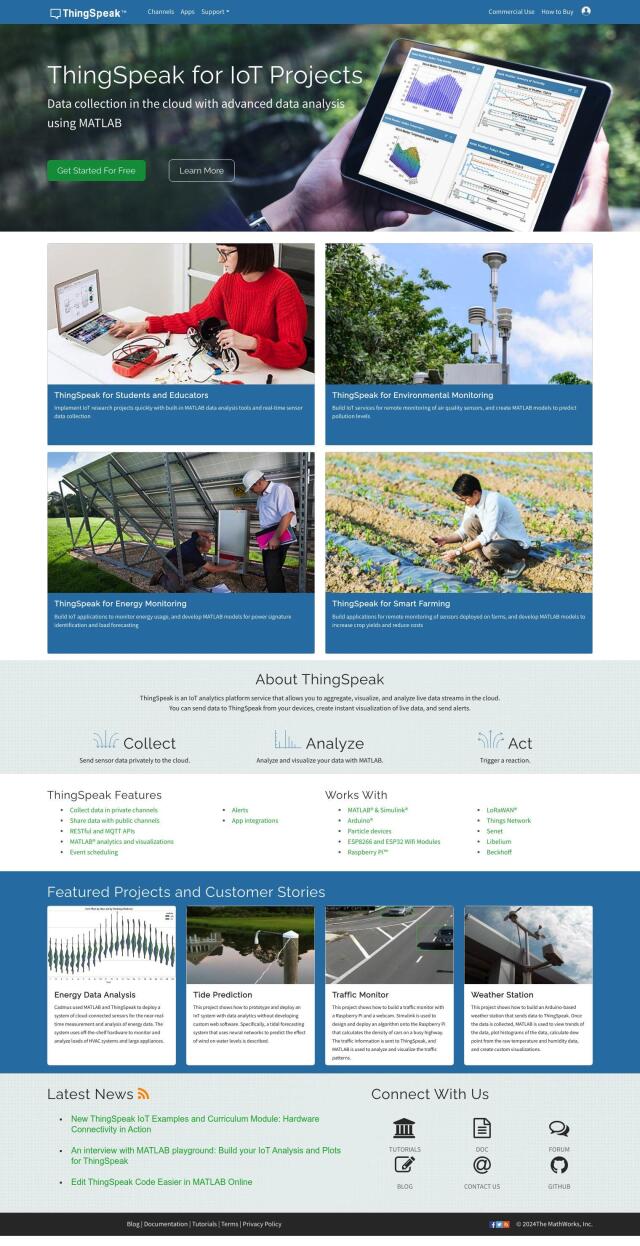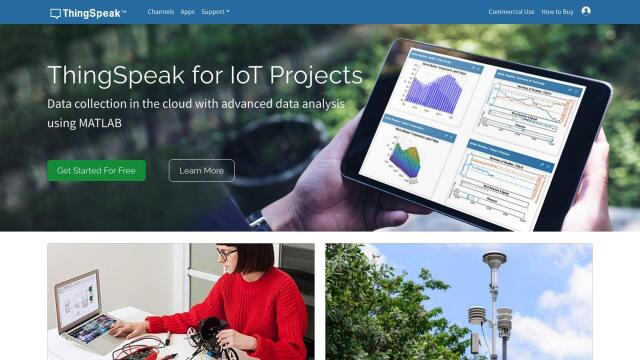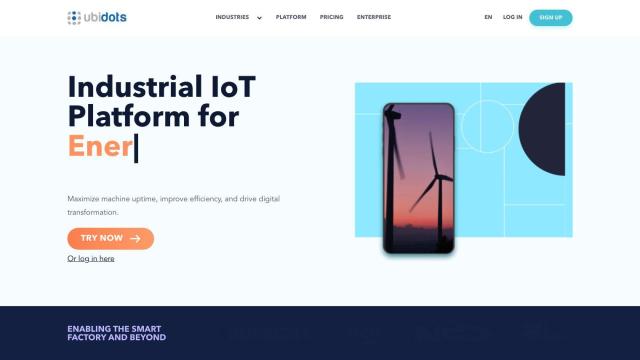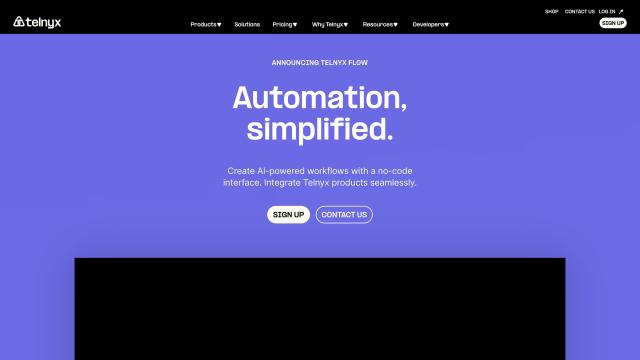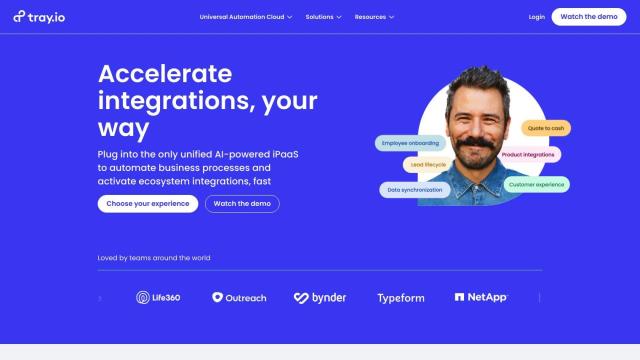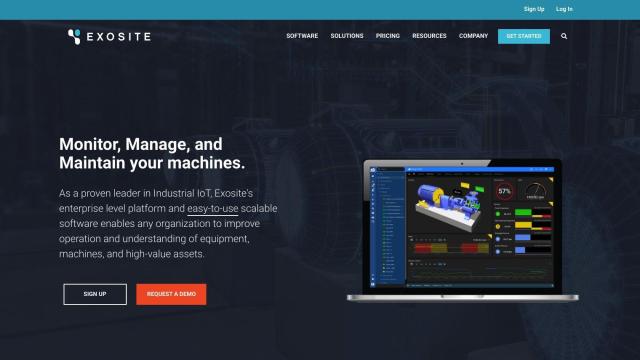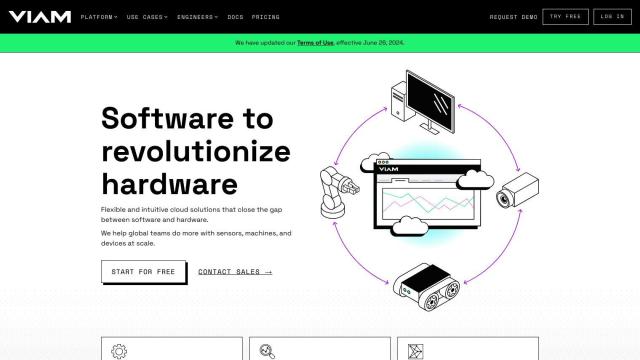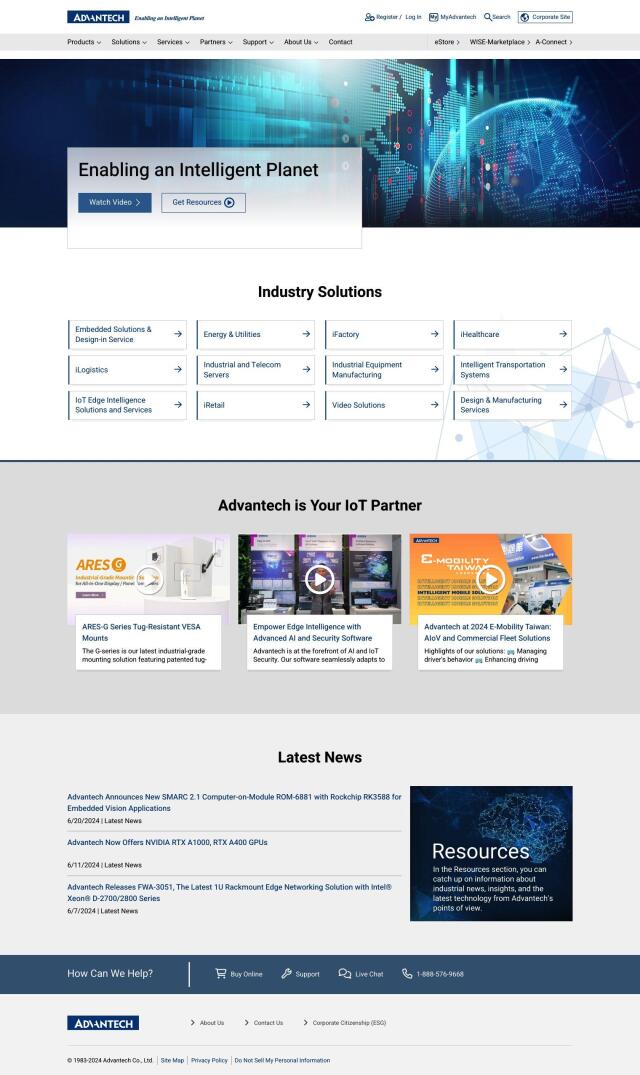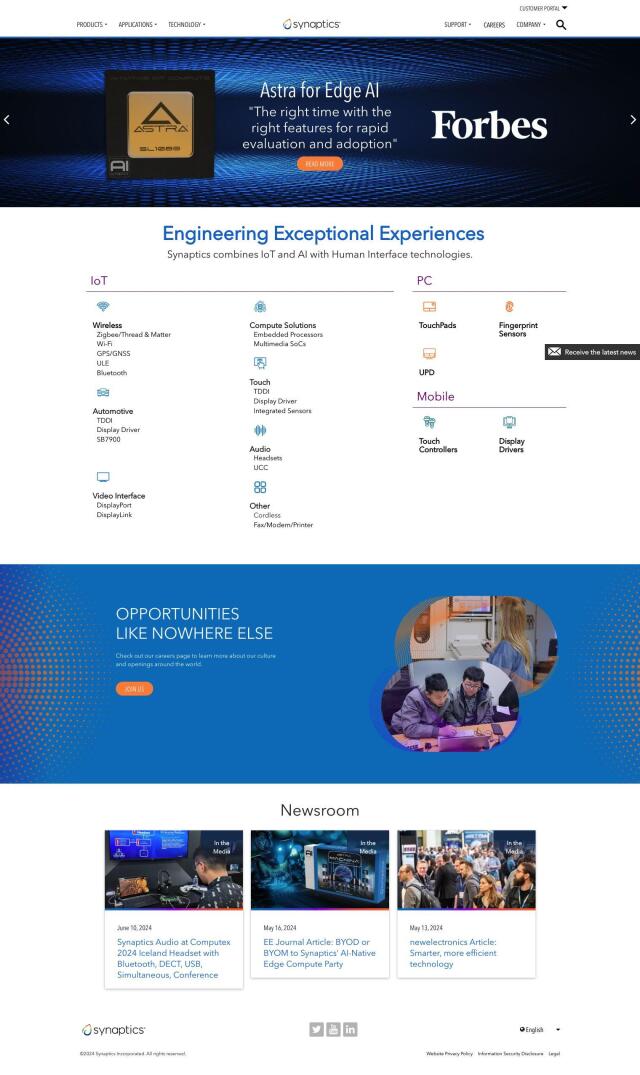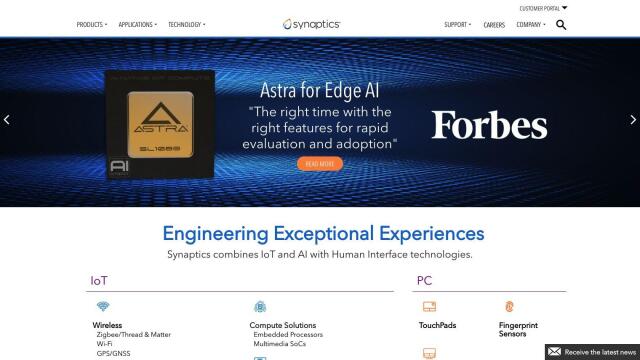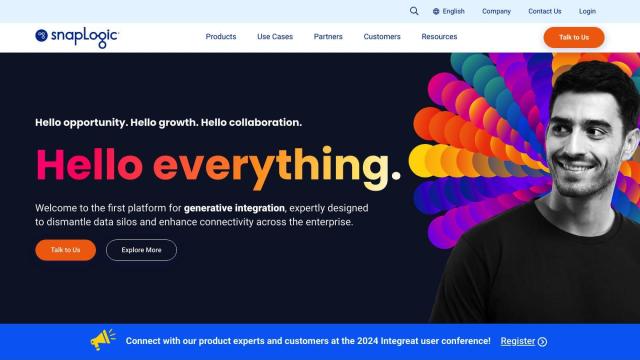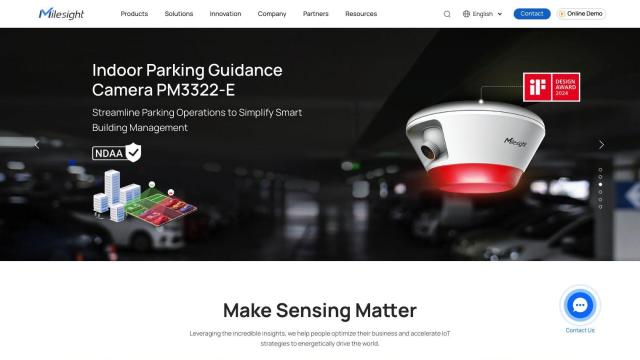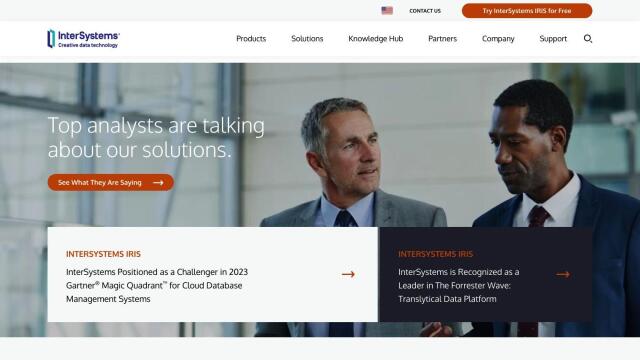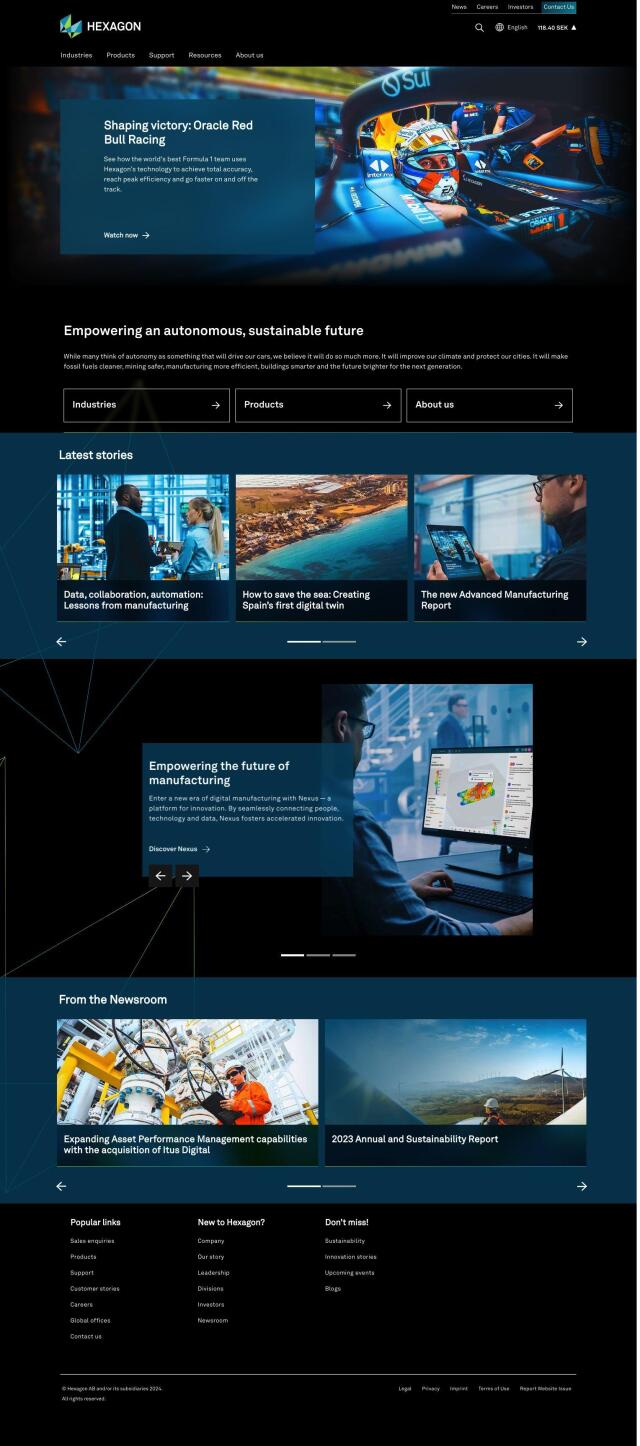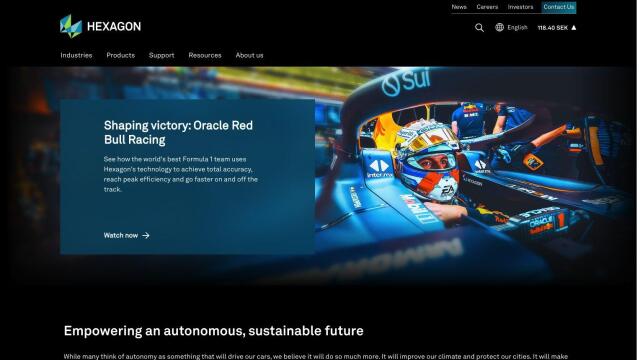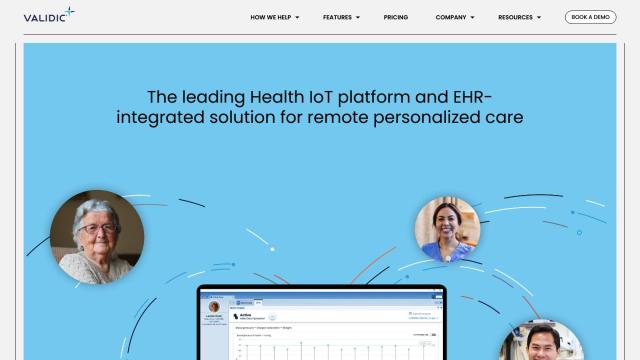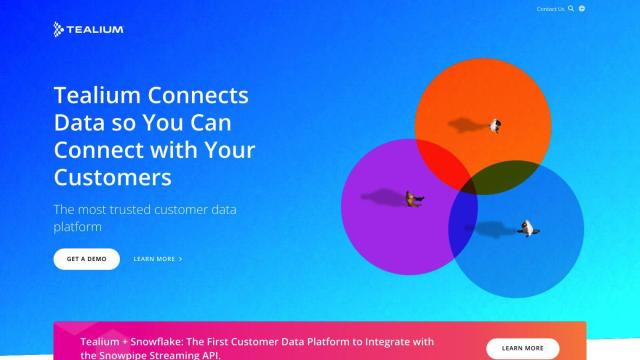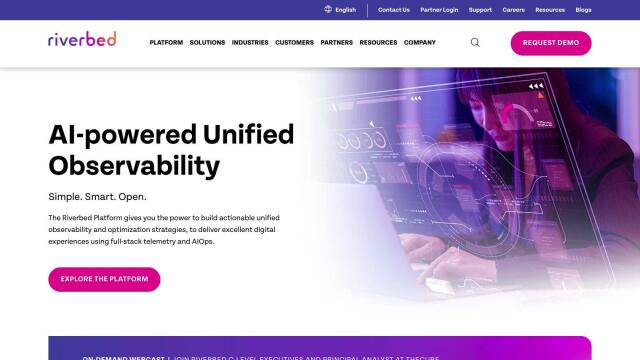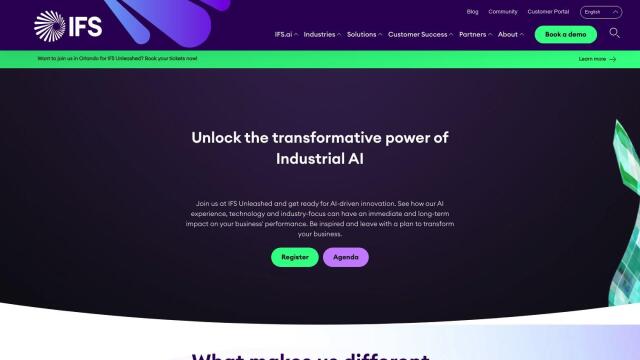Question: I'm looking for a solution that allows me to integrate multiple IoT devices and platforms into a single interface for a seamless user experience.

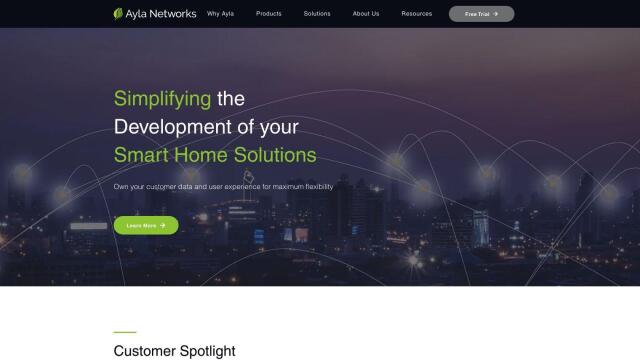
Ayla Networks
If you're looking for a way to bridge the gap between multiple IoT devices and platforms into one interface, Ayla Networks could be a good option. Its end-to-end IoT platform offers fast and secure connectivity to a wide range of devices, including smart cameras, lighting and sensors. It offers live streaming, cloud storage and facial recognition, and protects data privacy and security with options like Matter compliance. It's a good option for OEMs, retailers and device manufacturers looking for a flexible and scalable foundation.

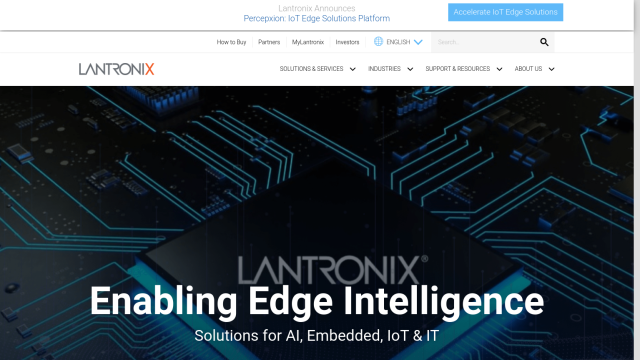
Lantronix
Another good option is Lantronix, which offers a broad IoT platform for connecting, managing and analyzing devices across many markets. The platform offers powerful data collection, transmission, processing and analysis tools, along with secure turnkey solutions and IoT gateways for wired and wireless connectivity. It also offers centralized management and out-of-band management, and is flexible and scalable for different business needs.
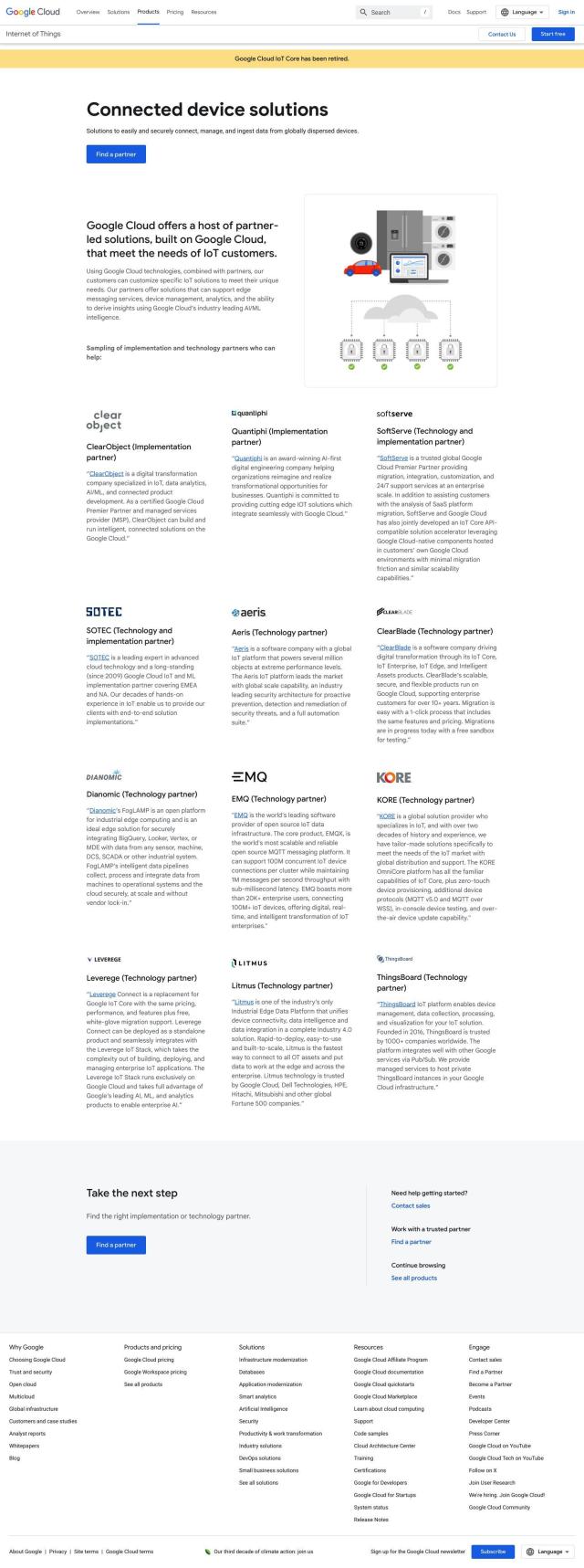
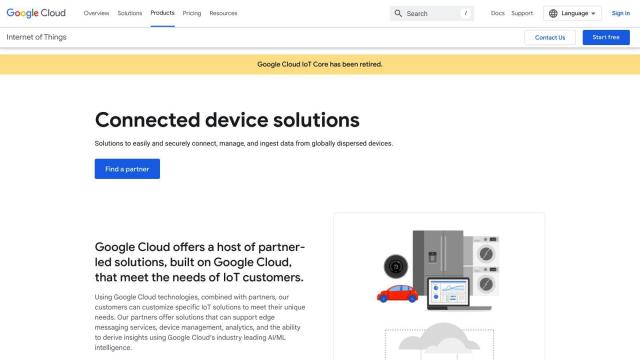
Cloud IoT Core
Cloud IoT Core is another service worth considering, using Google Cloud infrastructure to securely connect, manage and process IoT data. It comes with enterprise-ready AI for more advanced insights and automation, and integrates with other Google Cloud services like AI and ML. That makes it a good option for retail, health care and manufacturing, where IoT data can be used to optimize operations and improve product lifecycle management.

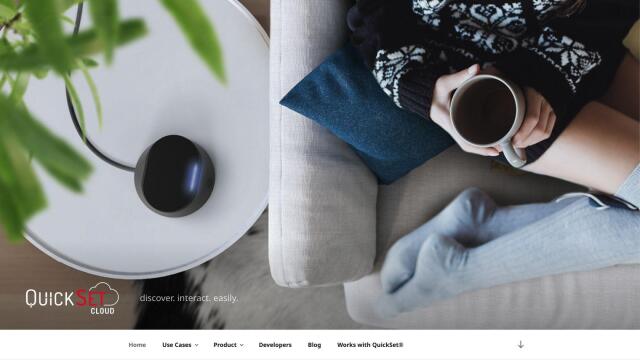
QuickSet
If you're focusing more on smart home and entertainment devices, QuickSet offers Interoperability-as-a-Service. It lets you discover, control and interact with devices from multiple companies, using a rich device knowledge graph to automatically detect and control devices on multiple networks. It's a good option for TVs, set-top boxes and voice assistants, with a unified remote control and a broad framework for IoT Edge connectivity and management.

